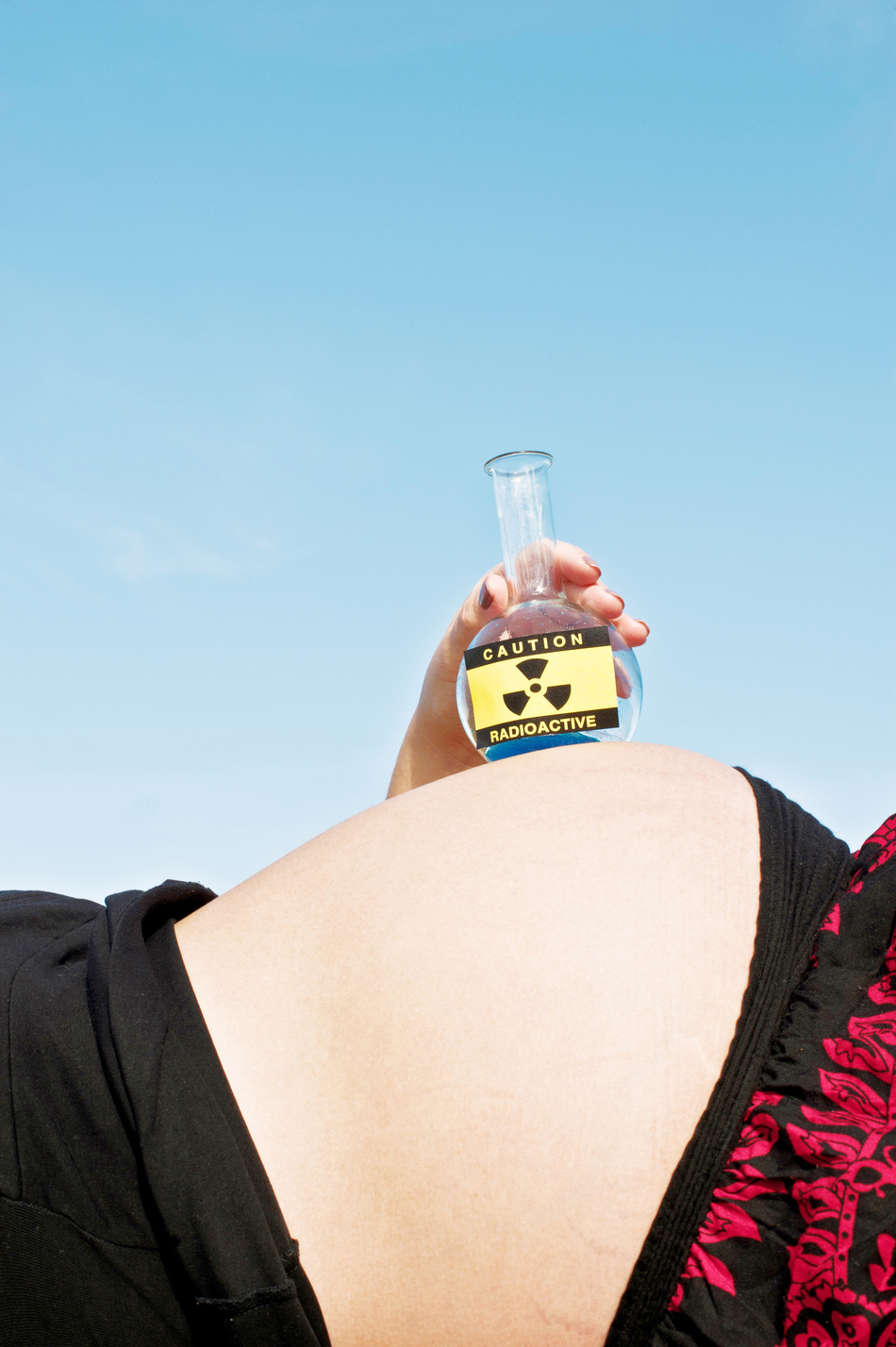Episode Transcript
Oh, little bits of dirt that you breathe that get into your body and affect your baby. Air pollution in pregnancy: What do we know and what should you do?
You thought that your lungs filtered out dirt and the placenta filtered out bad stuff? Well, that's sort of true, mostly true, but not completely true. Recently we've had yellow air days and orange air days and even a red day. What does this mean to you if you're pregnant, and what happens to you and your baby on a red-air day? And what can you do about it?
In Utah and across the west, we settled our towns in valleys where there was water. That was a good thing, right? And the towns grew and the cars were invented and industry grew and that was a good thing, right?
Well, we know in the past London, England had some of the worst air quality episodes in the world. And we know that people died when air got that bad. So what's happening in the Salt Lake Valley, a city in a valley prone to air inversions and when you have to breathe what your car and the refineries have pooped? Bad air has a lot of bad stuff to it-ozone, sulfur dioxide, nitrogen dioxide, and particles of incompletely burned stuff, the thing I so inelegantly called poop.
From your cars, from your favorite barbeque place, from the big industries, and from refineries. The incompletely burned particles come in different sizes, but the worrisome ones are very small, and they are called PM2.5 and they are too small for your lungs to clean and they get into your body and inflame your body and your placenta.
It is hard to do research on pregnant women. In fact, we're specifically told we have to be very careful doing research on pregnant women. And it's really hard to put pregnant women into a controlled room and expose them to various amounts of bad air. And some women get good air. And then see what happens to their pregnancies and their babies. We do have research from areas with bad air that look at pregnancy outcomes and children's health. California has been very active and looking at outcomes of pregnancy and bad air. Women exposed to bad air, living close to a freeway when they were pregnant, had smaller babies and more premature babies. And their children had more asthma and more autism.
Can we prove it was the bad air or something else, like freeway noise instead of bad air? This is hard, but here in Utah we had an experiment in Utah County about 20 years ago. We used to have really bad air when Geneva Steel was open, so we could look at outcomes when it was open and when it was closed. One specific outcome, prematurity, was a lot worse when it was open.
So what do you do if you're pregnant in bad air days, on orange days or red days? I'm not suggesting that you get in your car and go to Park City; that just makes air worse. And in recent years, the bad air has traveled up to Park City anyway. So don't drag your bad air up to Park City. You should never use a wood fireplace or wood-burning stove when you're pregnant. The air quality inside is many, many times worse than the worst air day.
I hope staying inside on bad air days helps, but our inside air comes from outside. There is some research that home air filters that can filter PM2.5 might make the air better in your home. There will be more information on this in the future as we get better small air quality measuring devices and the U is funding research just for this purpose.
Don't use your snow blower. It's a very inefficient high polluting engine. Get someone to shovel your snow.
Stay off the road; air quality on bad days is worse next to the freeways. Minimize your trips, not just for you but also for everyone, and don't wait for bad air day to limit your trips. Don't idle your car. The Utah Department of Air Quality has predictions about the next few days; act now to make tomorrow's air better.
Google the Utah Air Department of Air Quality or you can go to Airnow.gov and get a look at the country and click on Utah.
So pay attention to the air quality and the Department of Air Quality's predictions. Be an advocate; let your local and state representatives know that you're very concerned about Utah air quality; you're willing to put up with tighter controls for cars and industry, and you vote. And don't hold your breath; you're breathing for two.
updated: February 18, 2020
originally published: March 13, 2014
